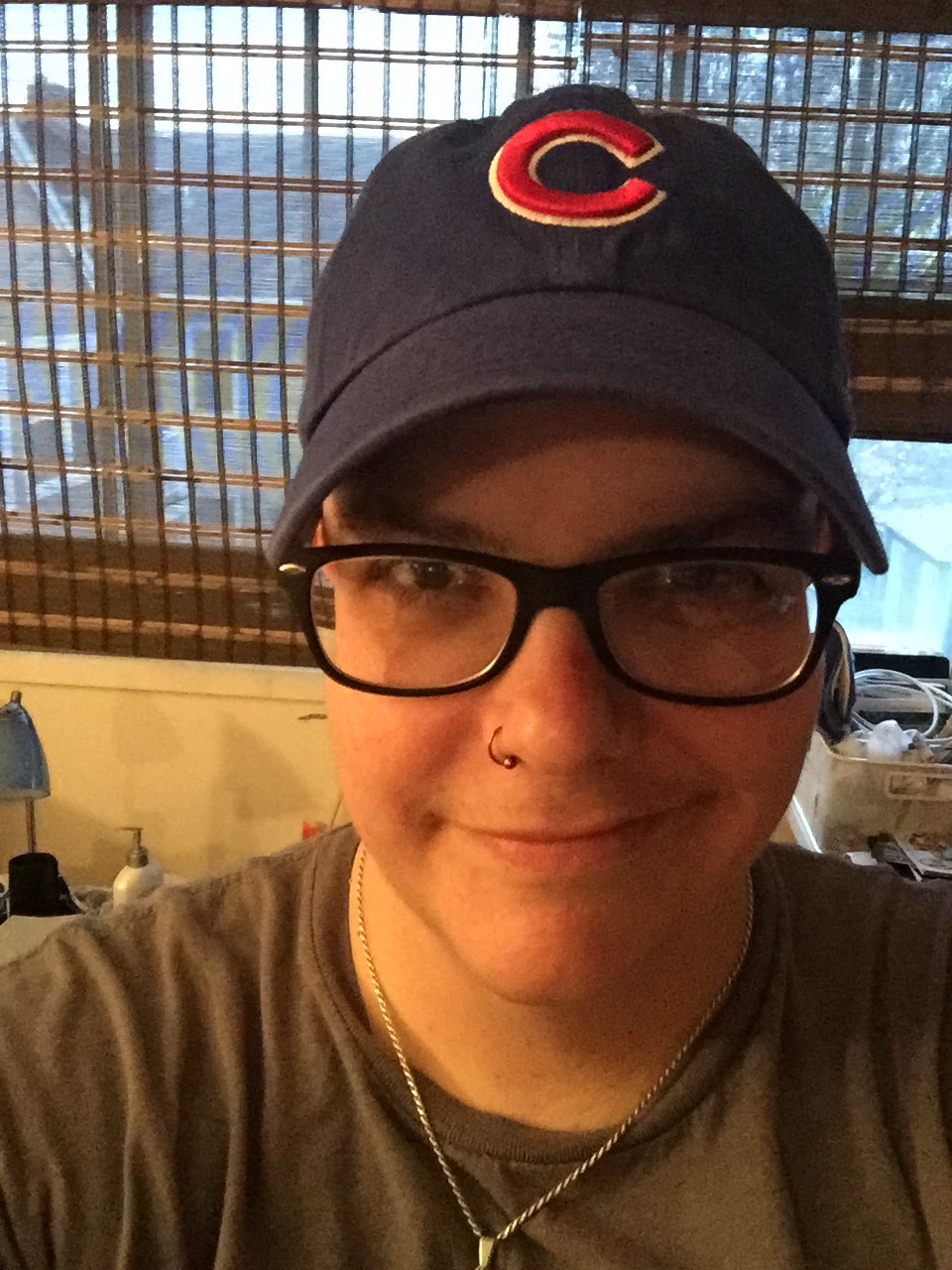On the first Thursday of every month, members of the Women with ASD Support Group at the Autism Society of Minnesota push tables together and share what’s on their minds. There’s no photos here, no children begging for attention and—certainly—no men.
It’s that last clause that sets the Women with ASD Support Group apart from other autism support groups in the Twin Cities, and it was the most important to its founder, Surene Henderson.
Henderson spent 34 years of her life not knowing why she struggled socially. “I always thought I was just weird and would never fit in,” she said.
When she was diagnosed with ASD in 2011, she sought support from another group hosted by the Autism Society of Minnesota. She quickly realized, however, that the support group was attended mostly by men, leaving her and other women feeling uncomfortable sharing issues affecting only women, such as the effects of menses and hormone fluctuation on over-sensitized women with ASD.
So, Henderson helped create that safe haven in the Autism Society of Minnesota offices, and her women-led support group is rapidly growing.
ASD is a developmental disorder in which people affected face challenges communicating and interacting with others. Diagnosis usually occurs during childhood, with most people affected showing early signs by age two. But Henderson said when she was growing up, kids were only diagnosed if they were severely affected.
“If you could talk, you were not diagnosed,” she said.
Still, ASD significantly affected Henderson’s life both personally and professionally. It strained relationships with her family members and intimate partners that she did not know how to mend. ASD also contributed to a high turnover rate at many of the jobs she held, and her career history is extensive.
Henderson has worked as an auto mechanic, forklift mechanic, portrait photographer, cable and telephone wire installer for residential buildings, security guard and nurse’s aide. She even spent two years serving in the army.
“I always seem to do something wrong,” Henderson said. “And it usually ends up with me being fired or me quitting because I know I will be fired soon.”
But following her diagnosis, her life began to change course as she could finally receive appropriate accommodations.
“I knew what was going on with me, that I wasn’t crazy,” Henderson said. “I had struggled for so many years with no answers. A diagnosis earlier would have helped a lot. Once I knew, I had a lot to learn.”
Today, Henderson works as a medical laboratory technician while attending classes at the Institute of Molecular Virology in Moos Tower. She’s held the job for four years—a personal record—and she’s been working with the Vocational Rehabilitation and Employment office through the U.S. Department of Veterans Affairs to find a job suited to her abilities by the time she graduates this May.
Though Henderson receives accommodations at her job and in her classes, the transition following her diagnosis hasn’t been effortless.
“The impact is immense, because no matter where I go or what I do, I am autistic,” Henderson said. “It is not something that can be turned off or erased; it is a part of me and affects how I am and how I interpret everything.”
However, since most people are diagnosed with ASD early in their lives, Henderson said some people think she’s simply making it up.
She attends therapy to better understand how people without ASD see the world, and takes comfort knowing she has support of the women who attend her monthly group meetings. When Henderson helped found the Women with ASD Support Group in the fall of 2012, there were four members. Now there are nearly 30. And anything is fair game for chatting; friendships, relationships, work, school and anything else that could be affecting the members.
“It helps to be around people who are like me for a little while,” she said. “Where I don’t have to pretend and try to act ‘normal,’ like I do at work and school. I can be who I am there without being judged.”

